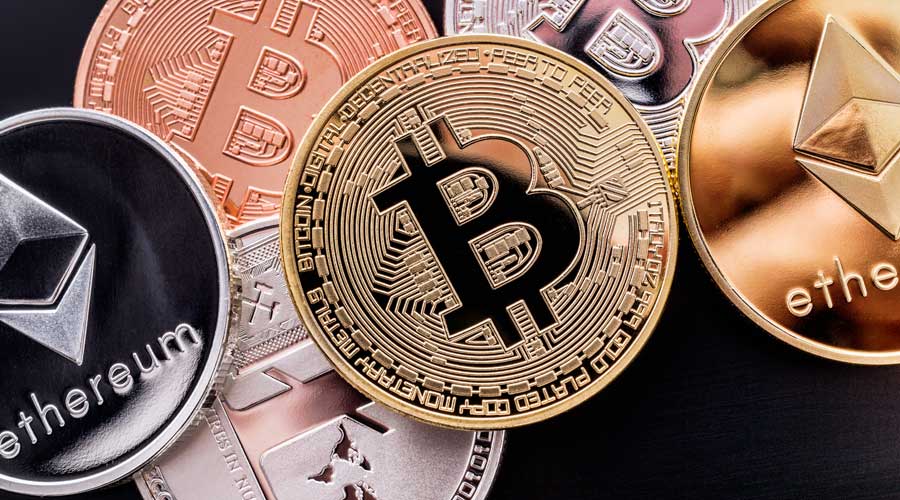Cryptocurrencies have recently become a craze in India, with people looking at them as an easy opportunity to make money. Cryptocurrencies have been around since 2009 and the amount mined, the types of competing cryptocurrencies, and their prices have all grown astonishingly. The reason why cryptocurrencies were floated was to avoid regulations by any authority. They would act as a decentralized medium of exchange and computer programmes and algorithms would determine prices and provide the security. The origins, the system of mining for additional units of currencies, the blockchain ledger system and its pseudo-anonymity are, however, obscure and complex. Yet trading for speculative gains in conventional money is easy to do. It is this possibility that has been pumping adrenaline in investors.
These developments have been noticed by both the Reserve Bank of India and the Government of India. The RBI had banned these currencies in April 2018 but the Supreme Court overruled the decision. In February 2021, the RBI announced its own plan to create a regulated digital currency. This was presumably to attract investors away from the more obscure cryptocurrencies. The central bank continues to maintain that the obscurity in origins and ownership of cryptocurrencies may facilitate money-laundering and terror-financing. It might also have adverse macroeconomic effects with the possible flight from rupee-denominated savings funds, weakening the banking system. The gains from crypto-trading cannot be taxed easily and, hence, represents a loss to the exchequer. The Centre, along with a high-level parliamentary panel that met a number of stakeholders in the cryptocurrencies markets, has argued that cryptocurrencies cannot be banned right away. It is, after all, an emerging technology, with an estimated 15-20 million investors in India. The GOI is more concerned about the possibility of investors being misled and misinformed. Some official decision is expected soon. Banning these currencies would drive the trade underground and make it opaque. Regulating them, on the other hand, would be difficult and defeat the purpose of the creation of cryptocurrencies. A quick erosion of trust would make the currencies crash. It must be noted that these currencies have no intrinsic value. Hence, they are relatively better as a medium of exchange than being held as unproductive assets for capital gains.










